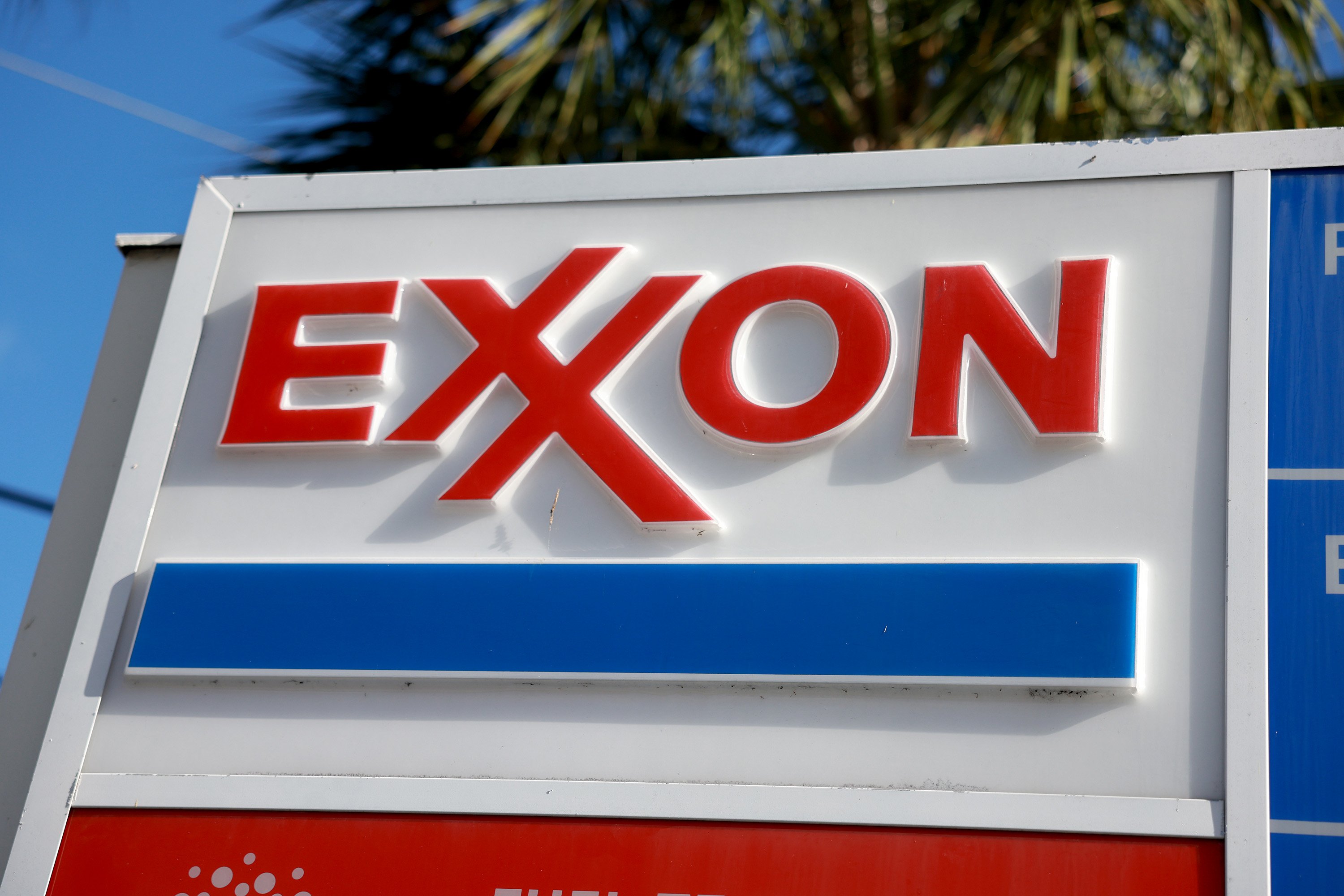Drilling for oil and natural gas is a difficult business right now, with service providers like Baker Hughes (BKR +2.13%) feeling the pinch just as much as drillers like ExxonMobil (XOM +2.02%). So far in 2019, the stocks of both companies are up in the low single digits, compared to the roughly 25% advance of the S&P 500. That said, both now yield notably more than the 2% or so that the index offers. So which one is the better buy today?
Same space, different businesses
Both Baker Hughes and Exxon hail from the energy sector, helping to provide the world with oil and natural gas. Exxon is an integrated company, with operations that span from exploring for and developing oil and gas wells (the upstream) to turning these energy sources into usable substances like gasoline and chemicals (the downstream). Having such a broad reach within the industry provides at least a modicum of balance to Exxon's business, since low oil prices often benefit downstream businesses and help to offset the financial impact of weak energy prices.

Image source: Getty Images
Baker Hughes, as it exists today, was created by combining Baker Hughes with General Electric's (GE +0.94%) oil & gas business. It has one of the broadest portfolios of services within the energy patch, helping companies in the upstream, downstream, and midstream spaces (pipelines and processing) get their jobs done. Providing drilling services is its biggest business today, but the longer-term goal is to have a more balanced exposure across the entire energy sector. However, being a service provider, the ups and downs in oil can have a material impact on Baker Hughes' financial results: producers often pull back when oil prices are low, leaving Baker Hughes with less work to do. In a highly cyclical industry, though, that's just par for the course.
Facing some headwinds
The biggest issue facing these two companies is the price of oil. For example, Exxon's third-quarter earnings were down roughly 50% year over year. That said, Exxon is prepared for adversity, having long taken a conservative approach to the industry. The best evidence of this is its financial debt-to-equity ratio of roughly 0.15, which is near the low end of its peer group. That should help it deal with its other big problem: weak production numbers. For several years Exxon's oil output has been in decline. It has been investing heavily to reverse that, and will continue to spend as much as $35 billion a year through 2025 to increase its oil output. It looks like Exxon has started to turn the corner, but there's still a lot of spending to go and investors are worried that low energy prices will make it harder to afford.
Baker Hughes' problems are a little different. First, Exxon's heavy spending isn't the norm. Many companies in the energy patch are trying to keep a lid on their spending because the price of oil today is making it hard to turn a profit. Second, Baker Hughes is still working to integrate the GE energy business into its operations. Although largely complete, the goal today is achieving cost synergies. That said, GE still owns a significant stake in Baker Hughes (about 37%) that it has plans to sell, which has created an overhang on Baker Hughes' stock price.
To be fair, Baker Hughes' business has been doing reasonably well lately, with adjusted earnings up 11% year over year in the third quarter and orders up 35%. The company saw sequential quarterly gains in those metrics as well. It has also been realizing notable integration benefits, improving its adjusted operating income margin by nearly 5 percentage points since mid-2017. Even the GE ownership issue is going fairly well, with its stake in the company down from over 60% in late 2018. But even though Baker Hughes has seen GE's ownership drop to the point where it could change its name, allowing it to remove the tag line "a GE Company," it is still tied to the struggling industrial conglomerate. Until GE is out of the picture, investors know that there are more Baker Hughes shares likely to hit the market, a fact that will probably continue to put a cap on any price advance.
Paying investors to stick it out
So neither Exxon nor Baker Hughes is in a great position today, though both appear to be making progress with their most notable issues. Investors buying either have to be aware that the stock prices here are likely to continue to languish for a bit -- which brings up their dividend yields. Exxon's yield is a hefty 5%, near its highest levels in 20 years. Baker Hughes' yield is a more modest 3.25%.
Exxon has increased its dividend annually for 37 years, with an average annualized increase over the past decade of around 7%. Baker Hughes' dividend has trended higher over time, but tends to spend years stuck at a level before advancing again. The last increase, for example, was in late 2017, when the quarterly dividend increased from $0.17 per share to $0.18. Put simply, Exxon has a much better track record of continually rewarding its investors, even when times are tough.
Neither is bad, but one looks a little better
All told, Exxon and Baker Hughes are both working through rough patches in their businesses. They are both, however, fairly well-run companies overall and should easily survive the headwinds they face today. The problem is that those headwinds are likely to last for a bit longer and keep price gains muted at best. That means returns, for now, will come from dividends, where Exxon has a clear edge. Not only is Exxon's yield higher, but it also has a better history of dividend increases. Once GE is out of the picture at Baker Hughes it might make sense to reevaluate this matchup. But until that point, Exxon appears to be the better option for most investors -- and particularly for those with an inclination toward dividend inevsting.









